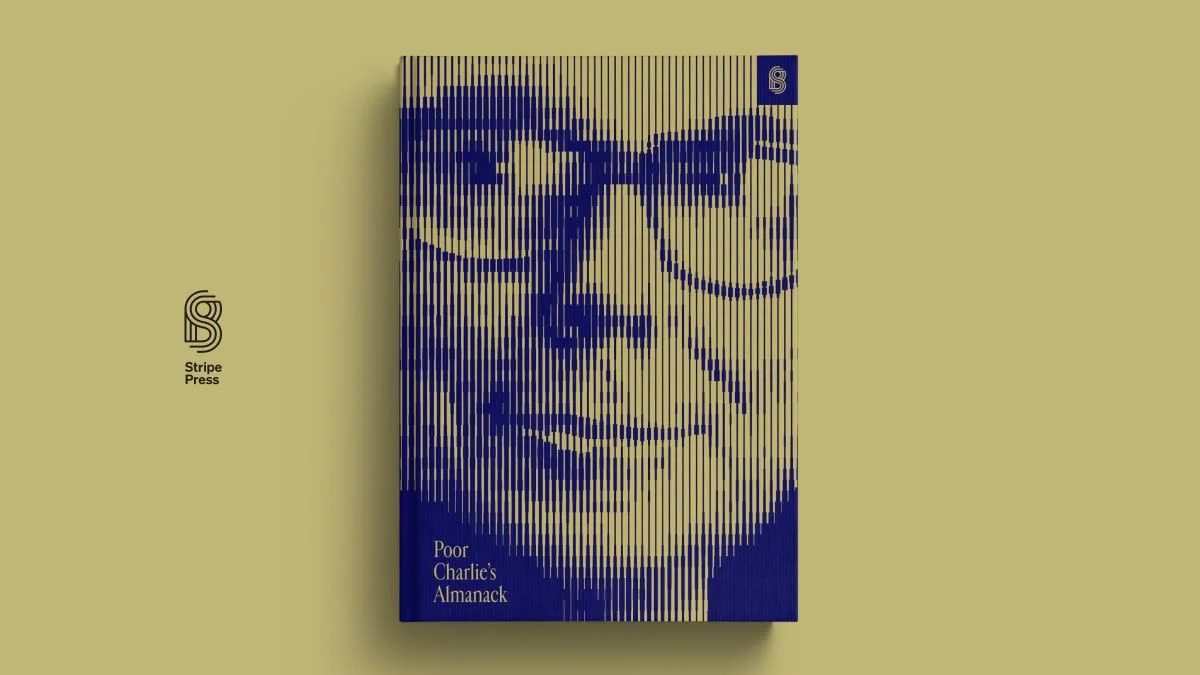This book is a powerful guide to transforming life’s challenges into opportunities for growth and success. This essay shares the essential takeaways from this masterpiece and how to apply its principles to our daily lives.
Charlie Munger, Warren Buffett's investing partner at Berkshire Hathaway, is famous for his sharp wit and wisdom shared at annual shareholder meetings. "Poor Charlie's Almanack" compiles Munger's writings and speeches, packed with insights that have shaped his remarkable career.
Musashi was a swordsman of unparallelled ability. He was never defeated in 60 duels and wandered Japan seeking out the finest masters of combat available. The resulting strategy is a basic guideline on how to win which can be applied to much more than just swordsmanship.
In a world that often celebrates self-promotion and the relentless pursuit of ambition, Ryan Holiday’s Ego is the Enemy is a breath of fresh air. The book isn’t just a cautionary tale against arrogance; it’s a guide to navigating life’s ups and downs with humility, discipline, and a focus on long-term goals rather than short-term validation. As someone with a deep interest in leadership and growth, the themes Holiday explores resonate profoundly with me, especially as they reflect on success, failure, and aspiration.




Adam Grant’s Hidden Potential provides a refreshing look at how talent alone doesn't define success. Through stories about Steph Curry and Maurice Ashley, Grant emphasizes the power of deliberate practice, mentorship, and the cultivation of a growth mindset. Hidden Potential serves as an inspiring reminder that with persistent effort, structured development, and a willingness to embrace learning, anyone can exceed their perceived limitations and achieve greatness.